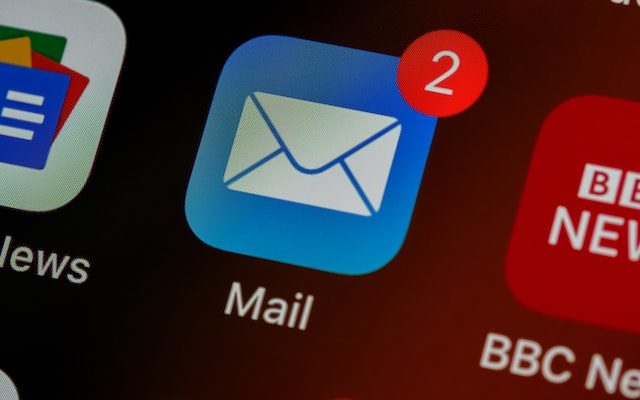Newsletters are having a moment: this year’s Reuters Institute Predictions report showed that 69% of publishers saw newsletters as an area for investment. According to WAN-IFRA, 50% of publishers already offer between one and five newsletters, with the other 50% offering more. For publishers looking to expand their lineup, Twipe’s Matthew Lynes has three suggestions for additional newsletter formats.
Briefing newsletters
- Briefing newsletters are high frequency, often daily, delivering regular updates to readers. Their regularity makes them ideal for building subscriber habits and engagement, directing users to digital editions and websites.
- Lynes spotlights The Daily Mail’s ePaper newsletter, sent at 7am to guide subscribers to the morning’s main stories and as a ‘trigger’ for users to log on to the Mail+ app. Danish publisher Børsen uses an 11am update to inform their subscribers about the latest financial news ahead of lunch.
- Briefing newsletters can be curated editorially or personalized. Editorial curation keeps control with the newsroom, but it means readers get generic newsletters, limiting the range of stories distributed. Personalized newsletters can deliver a mix of trending stories and stories tailored to individual reading behaviors.
Deep dives
- “Letter from the Editor” newsletters were the original deep dive, providing detailed analysis and opinion to readers.The rise of newsletter platforms like Substack provided individuals with the means to deliver their own long-read newsletters and the form has exploded in recent years.
- Deep-dive newsletters typically have a focus on niche topics or narrow news areas, helping build reader relationships. In a recent interview with Media Voices, head of newsletters at the Financial Times Sarah Ebner said:
One of the great things about a newsletter is that direct communication with a writer, and we always make sure that you can contact them back in our emails.
- The time required to produce original content for deep-dive newsletters means they are less frequent than briefings.They are often used to drive subscriptions, featuring some free content but with subscriber-only benefits promoted.
Summaries
- These newsletters are similar to briefings, giving a quick take on the top stories of the day or even week. The difference is that, rather than seeking to drive traffic to an app or a website, summary newsletters deliver the need-to-know facts within the email. The benefit to subscribers is in the time saved and the value of an editorially created summation of the key points of a story.
- According to Matthew Lynes, the ‘most powerful’ examples of a summary newsletter come from smart-brevity focused Axios. He singles out the Media Trends newsletter from Sara Fischer, giving an overview of the biggest media stories every day. He writes:
Each story is broken down into small smart chunks to provide subscribers with the need-to-know details… readers are then free to go and conduct their own research to get more in-depth information on each story.
Lynes also draws publisher attention to social media newsletter formats. Although Twitter and Facebook have both shut down their newsletter facilities, LinkedIn has attracted publishers like Forbes, The Financial Times and L’Opinion in France.
WhatsApp newsletters take advantage of the app’s broadcast feature as a more informal way of starting a newsletter – sign up requires just 2 clicks and no email address and creators can post as frequently as they want.







